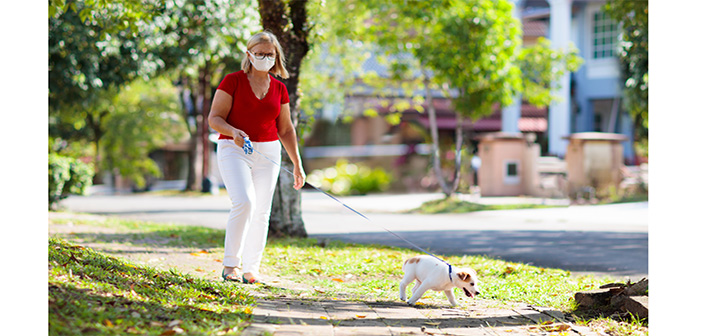The unprecedented demand for puppies during the pandemic has had serious consequences for animal health and welfare, a study has revealed.
Researchers at the Royal Veterinary College (RVC) looked into the impact of the last 16 months on puppy purchasing amid concerns that a huge puppy welfare crisis was unfolding in the UK.
The RVC found that while many people who bought dogs during the pandemic did so with the best intentions, the extreme rise in demand has heightened the risk of puppies being sourced from poor welfare environments, bred or raised on puppy farms, or illegally imported.
Animal behaviourists and charities have expressed fears that the demand for “pandemic puppies” had fuelled skyrocketing prices and led to a boom in unethical ‘hidden economy’ breeding and soaring dog thefts.
The national study, which surveyed 5,517 owners, focused on puppies bought between March 23 and December 31, 2020. The results were then compared with responses from owners who bought puppies during the same period in 2019.
It found that some pandemic puppy owners were less likely to have sought out credible breeders, such as Kennel Club assured breeders, less likely to have viewed their puppy in-person prior to purchase and collection, and more likely to have paid more than £2,000 for their new pet.
Dr Rowena Packer, a lecturer in companion animal behaviour and welfare science at the RVC and lead author of the study, said the demand coupled with social distancing restrictions had created “the perfect environment for unscrupulous breeders and puppy dealers”.
Dr Packer said: “This also includes desperate buyers willing to pay above the odds for puppies, and an easy excuse to conceal poor conditions puppies were raised in.
“From our results, we are concerned that many well-meaning owners may have fallen into this trap, and inadvertently encouraged this deplorable industry.”


